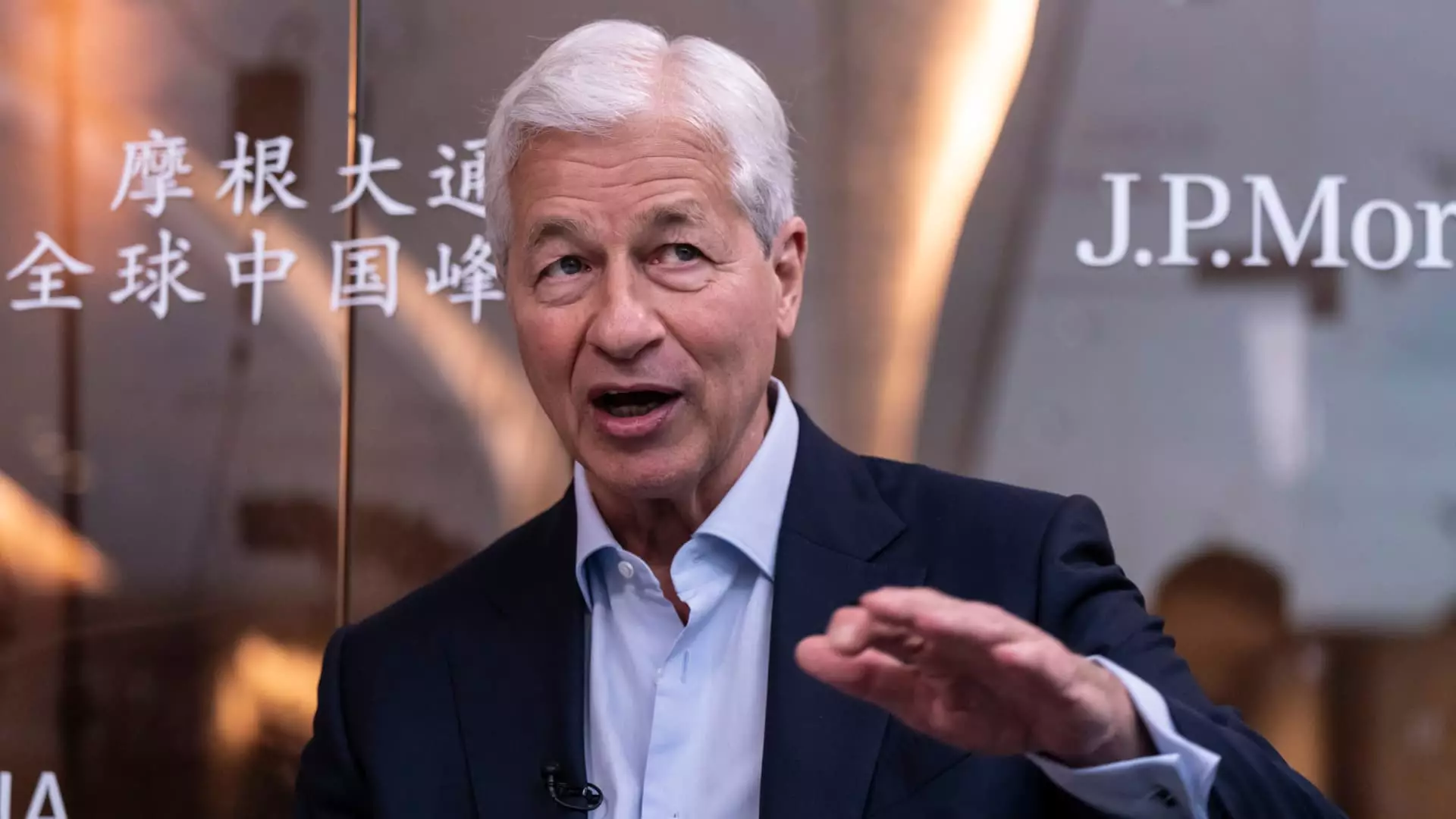As the second quarter earnings season sets its stage, it’s tempting to see the flurry of financial disclosures as mere market noise—a routine occurrence in the relentless cycle of Wall Street. However, beneath the surface, these reports reveal something arguably more impactful: a reflection of our economic resilience or fragility, a mirror to whether our broader liberal values of responsible growth, transparency, and social responsibility are truly honored within corporate America. Too often, these quarterly updates become a battleground of conflicting narratives, where headline beats or misses overshadow the deeper questions about the health of our economy and the integrity of those steering it.
Far too little attention is paid to what these earnings outcomes actually signify beyond the superficial metrics of revenue and profit. They expose how corporations respond to external pressures—be it shifting tariffs, inflation, interest rate hikes, or geopolitical upheaval. When the financial results appear muted or even disappointing, is it merely a sign of poor management, or does it highlight systemic vulnerabilities that demand a more critical societal discourse? As a center-left observer, I assert that these corporate disclosures are an opportunity to challenge the narrative of unchecked corporate growth and to advocate for a more responsible economic model rooted in accountability and sustainable development.
Deconstructing the Myth of Corporate Resilience
The narrative leading into this earnings season suggests a modest 4.8% year-over-year growth—an indicator of slowing momentum. This statistic might sound benign, but it masks the underlying fragility of our economic recovery. It signals that even the behemoths of finance and tech are struggling to sustain previous levels of expansion in a climate marred by tariffs, inflation, and geopolitical uncertainty.
Take JPMorgan Chase, for instance—symbolic of the banking sector’s strategic core. Although analysts predicted solid results, there is an undercurrent of caution. CEO Jamie Dimon’s acknowledgment of “considerable turbulence” exposes a rare moment of transparency about the genuine instability lurking beneath corporate optimism. Yet, the industry’s focus appears fixated on expense management amidst uncertain growth—not on addressing the societal inequalities that exacerbate economic vulnerability for ordinary workers and communities. This focus on trimming costs rather than investing in broad-based growth reflects a troubling prioritization that sidesteps social responsibility.
Similarly, Wells Fargo and Citigroup tell stories of past beating estimates, but the overall trend hints at stagnation or even decline, particularly when factoring in flat revenue projections or heightened expenses. These companies’ performance, despite short-term beating of estimates, obscures the broader issues of economic inequality, environmental sustainability, and the democratization of financial services—areas where corporate responsibility should be ramped up, not diluted in pursuit of quarterly numbers.
Financial Results as a Societal Litmus Test
When major firms like Netflix or Johnson & Johnson release earnings, their results serve as more than just investment signals—they are a reflection of societal priorities. Netflix’s projected 45% earnings increase might seem promising, yet it raises questions about the sustainability of a model fueled primarily by aggressive subscriber growth and content expansion, often at the expense of worker well-being and social fairness. Similarly, J&J faces potential tariffs threats that threaten to disrupt supply chains and inflate consumer costs—showing how fragile interconnected global systems really are.
A center-wing liberal perspective demands that we look beyond profits and stock prices. Earnings are a societal indicator—one that should encourage us to advocate for responsible corporate citizenship. Are these companies investing in local communities? Do they uphold labor standards? Are they minimizing environmental impacts? When these reports highlight profits but neglect social responsibilities, we must challenge the narrative that profitability equals societal good.
Moreover, the performance of Wall Street banks—Goldman Sachs and Morgan Stanley—raises serious questions about the concentration of wealth and influence. These institutions enjoy record trading revenues and bullish stock performance, yet their growth often occurs simultaneously with widening economic disparities. Such a paradox underscores why earnings reports should trigger broader discussions—not just about the health of individual corporations but about reforming a financial system that perpetuates inequality and undermines social cohesion.
The Opportunity for Progressive Reform
This earnings season, rather than passively consuming market updates, we should leverage these disclosures to push for a more balanced and equitable economic framework. The victories and disappointments of these corporations highlight not only market trends but also missed opportunities for responsible growth.
Policy-focused efforts should encourage transparency around social impact, climate risk, and fair labor practices, ensuring that the benefits of corporate success are shared broadly. The focus should shift from short-term profit maximization to long-term stability, social mobility, and environmental sustainability—values that align with center-left liberalism.
Additionally, investors and consumers alike have a pivotal role to play. Supporting companies that prioritize ethical practices and social responsibility can foster a corporate culture where profits are attained without compromising societal values. Corporate earnings are a mirror—not only of financial health but of our collective moral compass. It’s past time we demand that companies answer for what their numbers really mean in the context of the greater good.
This earnings season, let’s not be spectators to a spectacle of superficial success. Instead, let’s see these reports as a call for accountability, reform, and a renewed commitment to building an economy that works for everyone—not just the privileged few.


Leave a Reply